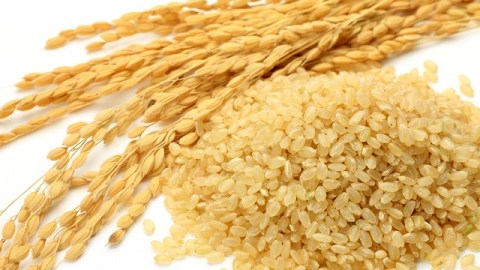Is There A Link Between Grains And Cultural Differences?

What’s the Latest Development?
A new study published in Science posits that values now often ascribed to Western and Eastern cultures — for example, individualism versus cooperation — were first formed because of the kind of work needed to grow and cultivate a particular type of grain…in this case, wheat versus rice. Study lead and University of Virginia graduate student Thomas Talhelm explains that farming rice paddies is a collective effort: “Families have to flood and drain their field at the same time. So there are punishments for being too individualistic.” However, one family can farm a wheat field without much outside help.
What’s the Big Idea?
The research team tested the “rice theory” on China, which has a long history of farming both wheat and rice. In psychological tests given to college students, those from the northern, wheat-growing regions tended to demonstrate more individualistic thinking, while those from the southern, rice-growing areas aligned with more collective thinking. Other theories suggest that the differences between West and East may be a result of modernization, but that doesn’t explain why some of the world’s most modern cultures — Japan and South Korea, just to name two — are also among the most cooperative.
Photo Credit: Shutterstock.com



